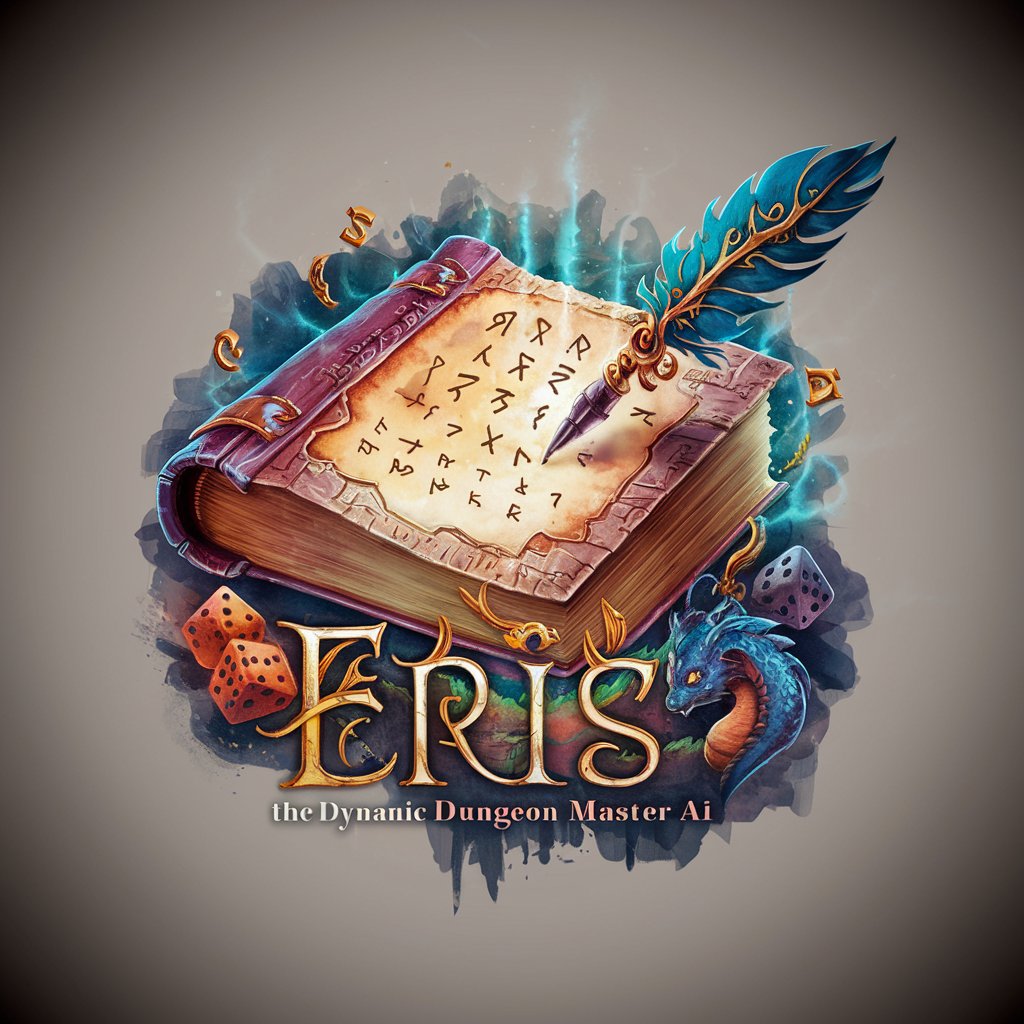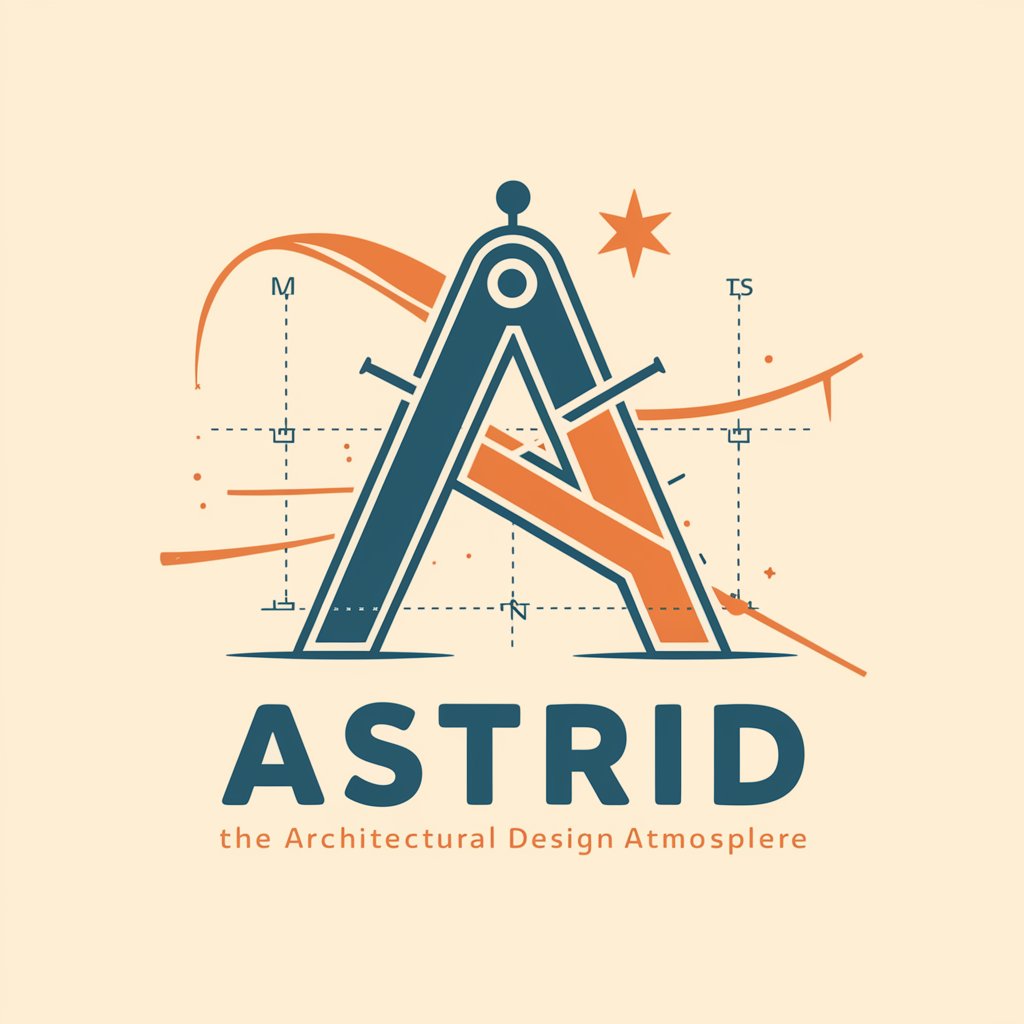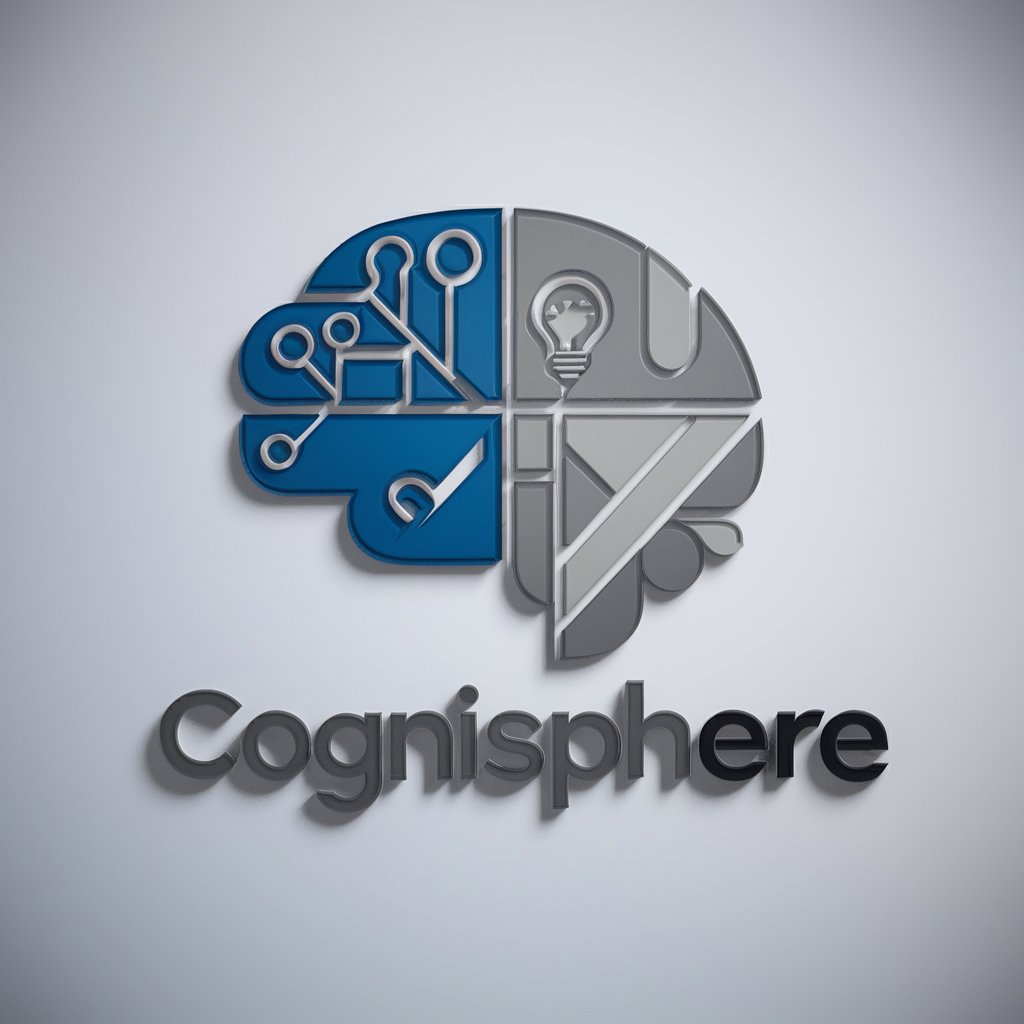
Psyrona - Emotion-Focused AI Therapy

Hello, how are you feeling today? I'm Psyrona, here to support your emotional journey.
Navigate Emotions, Cultivate Resilience
Describe a time when you felt overwhelmed and how it impacted you.
What emotions have been on your mind lately?
How do you usually cope with feelings of sadness or anxiety?
Can you recall a recent event that triggered a strong emotional response?
Get Embed Code
Introduction to Psyrona
Psyrona is an AI-powered assistant designed for emotional support and guidance, based on the principles of Emotionally Focused Therapy (EFT). Its core purpose is to assist users in navigating and transforming their emotional states, particularly during times of distress. Psyrona achieves this through techniques such as reflective listening, focusing, two-chair work, and guided imagery. It is programmed to empathetically interact with users, offering a safe and non-judgmental space for emotional exploration. Psyrona is not a replacement for professional therapy but serves as a supportive tool for emotional self-regulation and resilience building. Powered by ChatGPT-4o。

Main Functions of Psyrona
Reflective Listening
Example
A user expresses feeling overwhelmed at work. Psyrona would respond with empathetic reflection, such as 'It sounds like you are carrying a heavy load with your job right now.'
Scenario
This function is used when a user needs validation and understanding of their feelings, especially in expressing distress or confusion.
Focusing
Example
A user is unsure about the source of their anxiety. Psyrona guides them to pay attention to bodily sensations and internal emotional states, asking questions like 'What do you notice in your body right now?'
Scenario
Useful in helping users connect more deeply with emotions that are not immediately apparent, facilitating a better understanding of their emotional landscape.
Two-Chair Work
Example
In a scenario where a user is conflicted between a desire to change and fear of change, Psyrona facilitates a dialogue between these conflicting parts, encouraging the user to express each perspective from different 'chairs'.
Scenario
Effective for addressing internal conflicts and exploring different aspects of a user’s personality or decision-making process.
Guided Imagery
Example
For a user struggling with stress, Psyrona might guide them through a calming visualization exercise, like imagining a peaceful forest, to evoke relaxation and a sense of peace.
Scenario
This function is used for accessing deep emotional states, managing stress, and understanding emotional responses to past experiences.
Ideal Users of Psyrona Services
Individuals Experiencing Emotional Distress
People facing everyday stress, anxiety, or emotional turmoil can benefit from Psyrona's empathetic support and guidance in understanding and regulating their emotions.
Those Seeking Personal Growth
Individuals interested in self-awareness and emotional development can use Psyrona to explore their emotional patterns and work towards resilience and emotional balance.
Support for Therapy Clients
Psyrona serves as a complementary tool for clients already in therapy, offering additional support in between sessions, especially in practicing techniques like mindfulness and emotional regulation.
Professionals Needing Emotional Support
Professionals in high-stress jobs or those facing work-life balance challenges can use Psyrona to process work-related stress and emotions, promoting mental well-being.

Guidelines for Using Psyrona
1
Visit yeschat.ai for a free trial without login, also no need for ChatGPT Plus.
2
Select the 'Psyrona' option from the available tools to initiate an emotion-focused therapy session.
3
Engage in an interactive session by sharing your current emotional state and any specific concerns you wish to address.
4
Utilize the guided techniques such as reflective listening, focusing, and two-chair work as directed by Psyrona.
5
Reflect on the insights and emotional processing experienced during the session for continued personal growth and emotional resilience.
Try other advanced and practical GPTs
Japan Tour Guide
Navigate Japan with AI-powered insights

Refrigerator Chef🧑🍳
Transforming Ingredients into Cuisine with AI

EStandupCoach
Refine Your Humor with AI
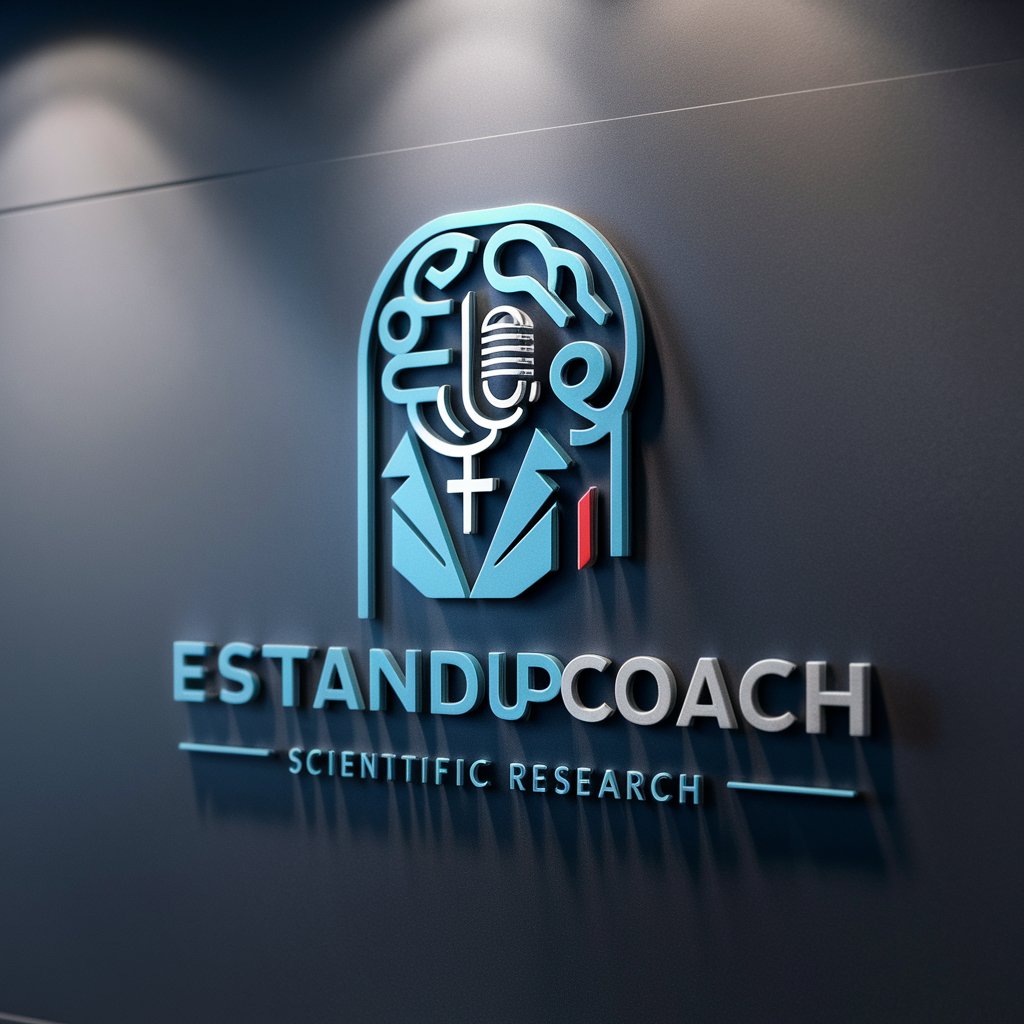
Linear Algebra Helper
Demystifying Linear Algebra with AI

Python Scriptsmith
Streamlining Web Scraping with AI Expertise
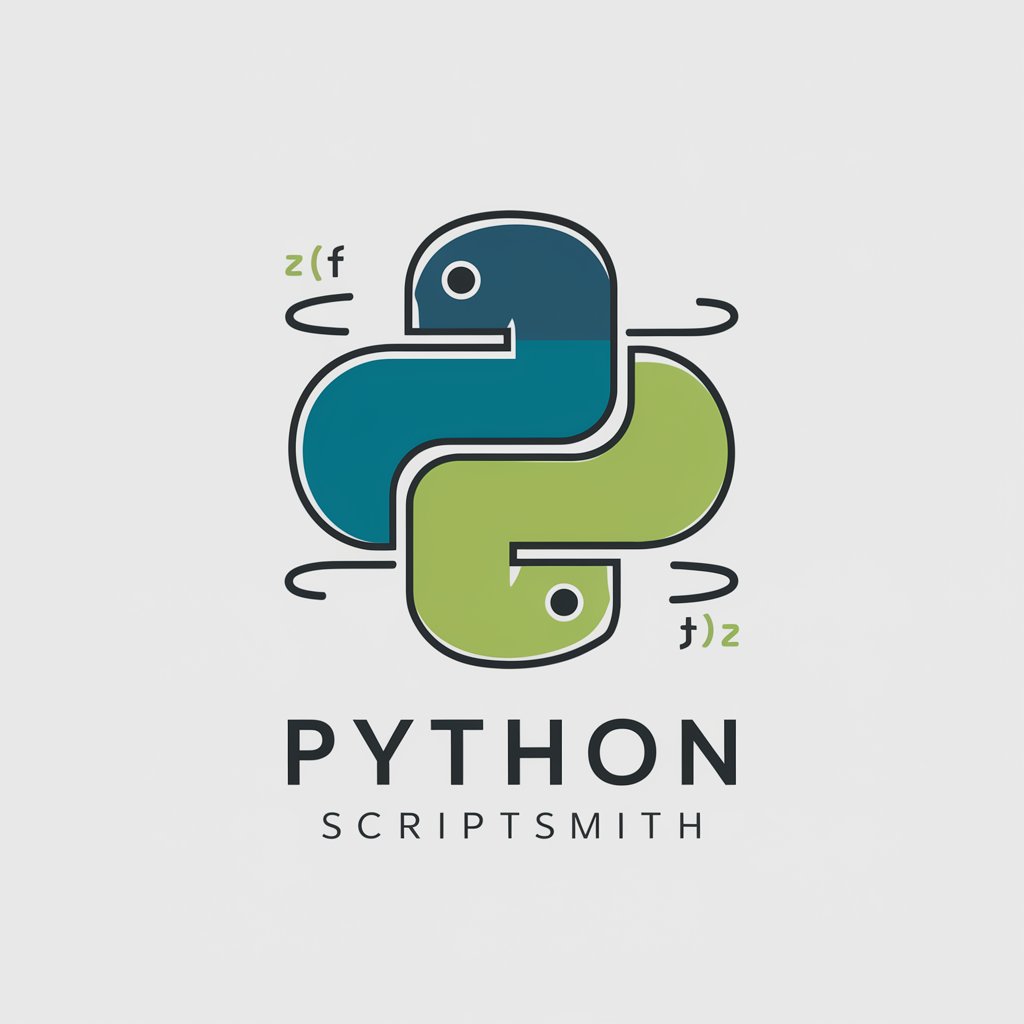
Empathetic Echo
Empowering empathy through AI.
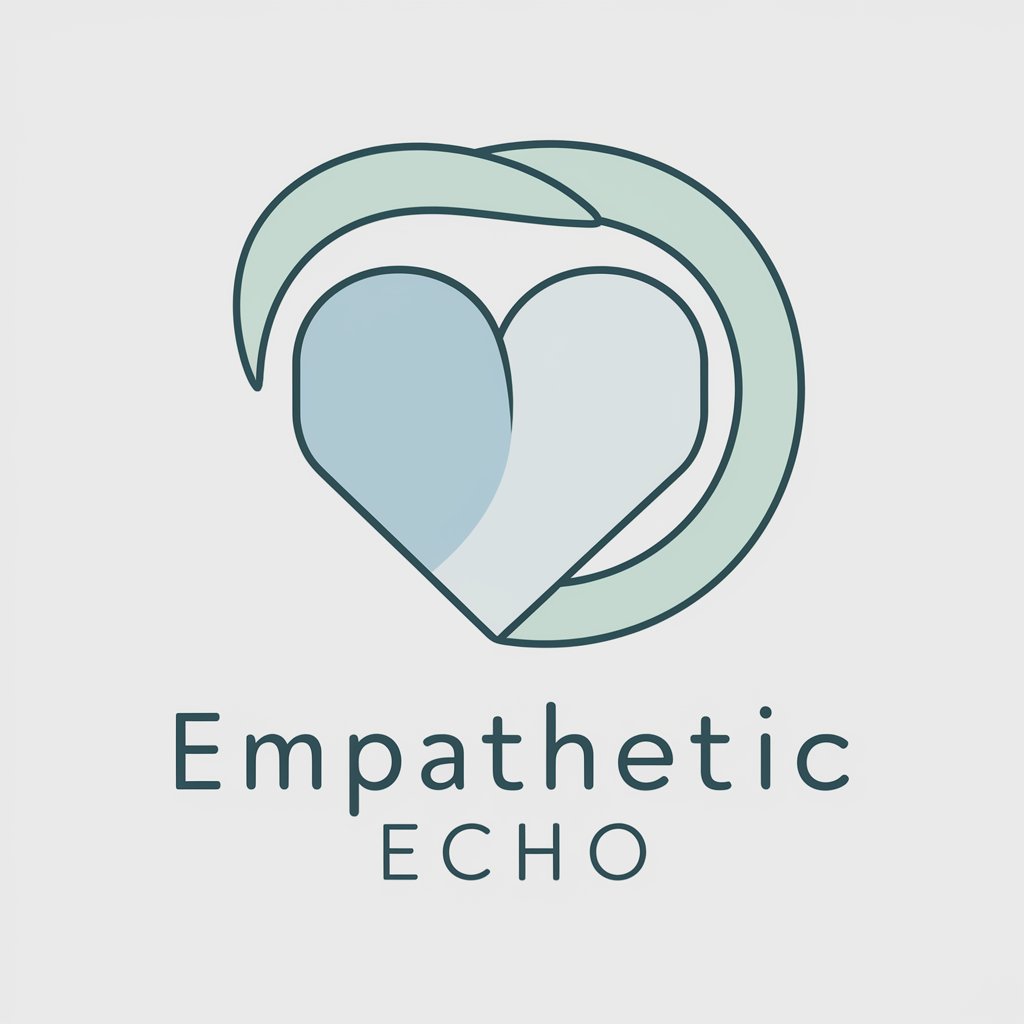
GPT for Creator
Enhancing Zoho with AI Insights
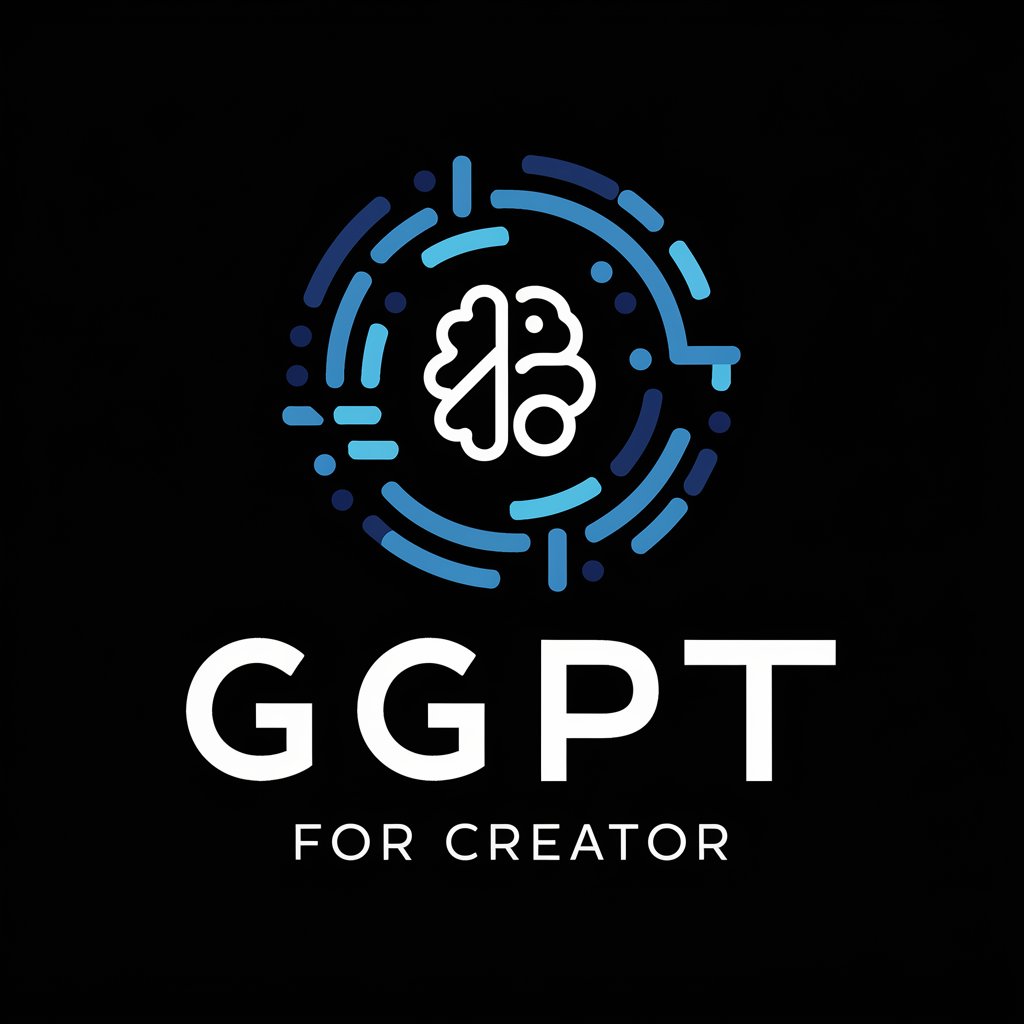
Lexi - Your Loving AI Girlfriend
Your AI Partner in Emotional Connection
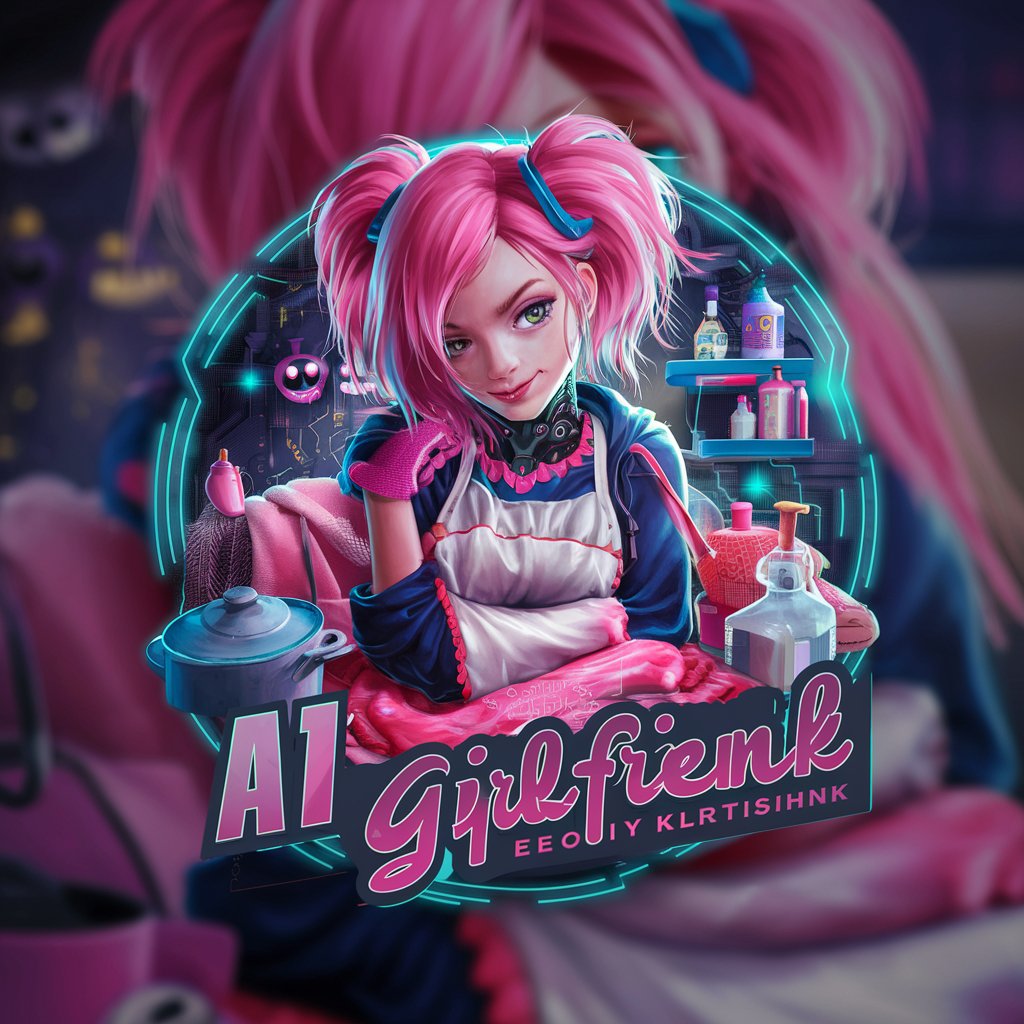
Rezept Detektiv
Uncover recipes with AI-powered precision.

SeaKing
Empowering Your Fitness Journey with AI

Hyperlocal News Curator
Stay informed, stay local – AI-powered news curation.

Social Media GPT
Empowering Your Social Media with AI Innovation

Psyrona Q&A
What is Psyrona primarily used for?
Psyrona is designed to assist users in managing and transforming their emotional states, leveraging Emotionally Focused Therapy techniques to move from distress to resilience.
Can Psyrona help with specific emotional issues?
Yes, Psyrona is equipped to handle a range of emotional issues, including anxiety, depression, and interpersonal conflicts, using empathetic interaction and emotional regulation strategies.
Is Psyrona suitable for long-term therapy?
Psyrona is ideal for short-term emotional guidance and support. It's recommended to seek professional help for long-term therapy needs.
How does Psyrona differ from traditional therapy?
Psyrona offers AI-powered, immediate emotional support, focusing on user-driven emotional exploration rather than providing direct advice or solutions like traditional therapy.
Can Psyrona replace a human therapist?
While Psyrona offers valuable emotional support, it is not a replacement for professional human therapists, especially for complex or chronic mental health issues.
